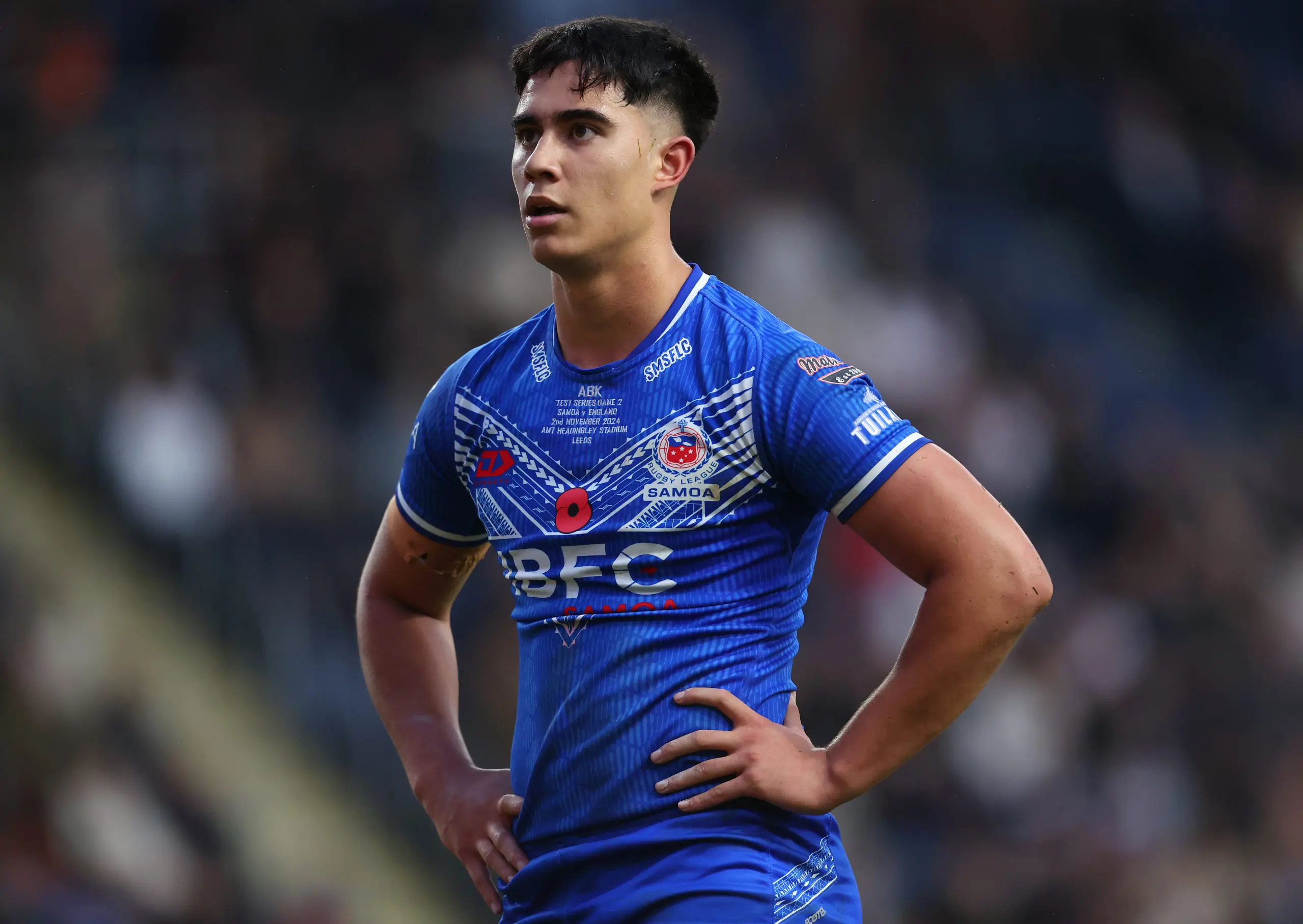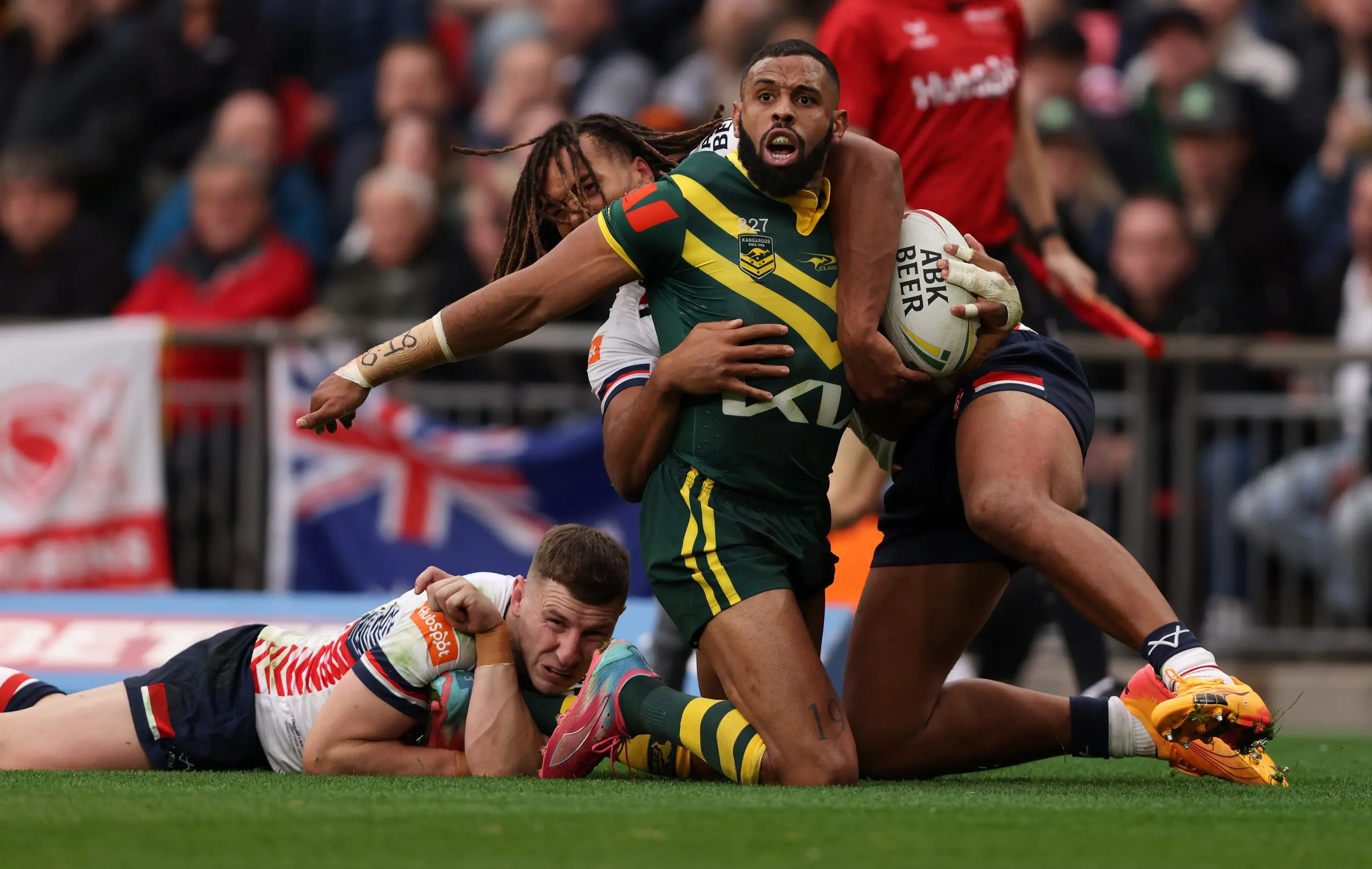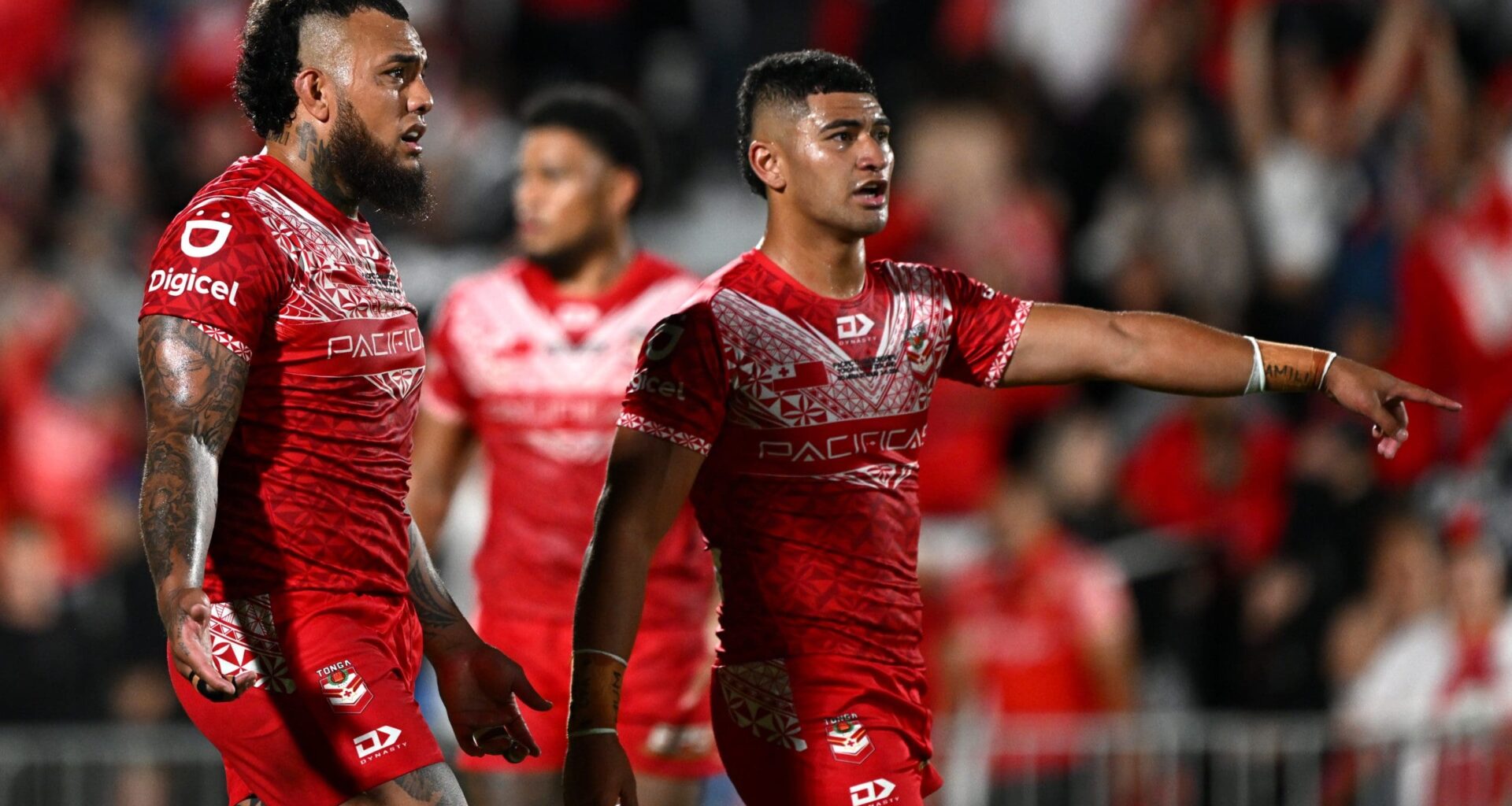International rugby league is in full swing, and while both the Ashes and Pacific Championships taking place at the same time has been nothing but a boon for the NRL, some participants aren’t feeling the joy.
Samoa coach Ben Gardiner and Tonga coach Kristian Woolf have called on the NRL to show greater respect and support for Pacific nations ahead of next year’s Rugby League World Cup.
According to news.com.au, the pair believe the smaller nations deserve fairer treatment, highlighting the massive role they’ve played in growing the international game in recent years.
More than 45,000 fans are expected at Suncorp Stadium for Sunday’s Tonga–Samoa clash, a fixture both coaches say showcases the heart of modern rugby league.

“Teams like Tonga, Samoa, New Zealand, Papua New Guinea and Fiji should be respected,” Gardiner said to news.com.au.
“It shows how the Pacific nations are leading the way with rugby league at the moment.”
Woolf said there’s still an imbalance in how the NRL treats the Pacific nations compared to Australia.
“Things are more equal and we get more respect than we used to, but we’re still a long way behind the bigger nations, Australia in particular,” Woolf said.
“When you look at the conditions afforded to other teams, I think it’s time we got a bit more respect.”
Both coaches called for equality around travel, accommodation, and financial support, especially with the World Cup approaching.
“I think there’s a need for fairness across the board,” Gardiner said.
“Teams like Australia have been given special conditions around their CBA, everyone deserves to be treated equally.”

The coaches also defended current eligibility rules that allow players like Stephen Crichton and Jarome Luai to represent New South Wales in Origin and Samoa internationally.
“It’d be detrimental if those rules changed,” Gardiner said.
“The international game is the best it’s ever been because of them.”
Woolf added that the Pacific revolution began when Jason Taumalolo and Andrew Fifita switched to Tonga in 2017, paving the way for Samoa’s rise in 2022.
“There’s no longer just three teams who can win a World Cup,” he said.
“It’s now four, five, six, even seven nations capable of going all the way.”
Their vocal disappointment is expected to cause a chain reaction, with the league needing the international game’s leaders on board if they want to continue their global expansion.

